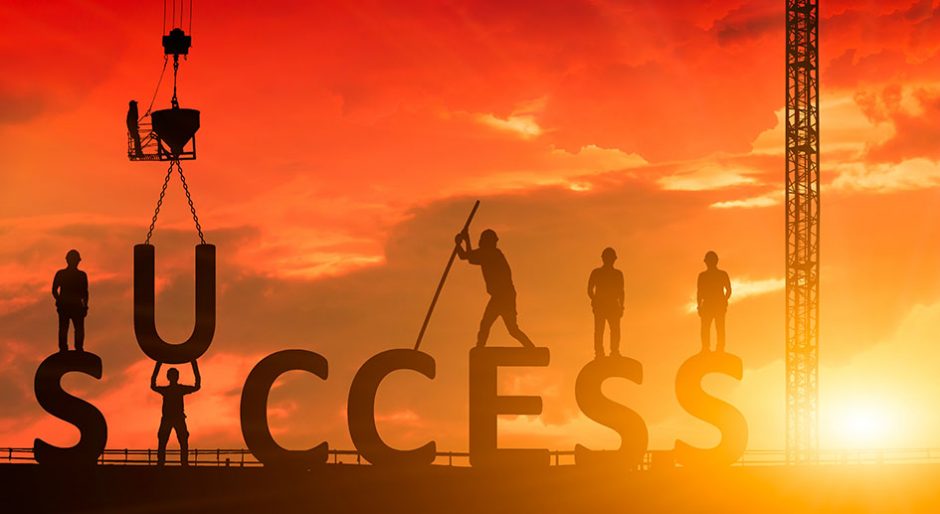Lori Simcox is passionate about Indigenous economic development. As CEO of SPAL General Constructors, her focus is on building relationships with partners in the construction industry to create a strong economic future for North Vancouver’s Tsleil-Waututh Nation (TWN).
Owned by TWN, SPAL participates in Aboriginal procurement opportunities with joint venture partners across the Lower Mainland and has been successfully winning large contracts since its inception in 2009.
“What makes this nation a little bit different is they are very economic progressive. They’ve been building condominiums – the Raven Woods development – for the past three decades,” says Simcox. “The nation is also a large land purchaser and has a lot of land development in different industries.”
Indigenous engagement in the industry has seen significant growth in recent years with construction companies creating Indigenous relations departments to help improve how they work with communities to capitalize on opportunities.
“The amount of work that we’ve been doing has been exponential. We did more than $80 million worth of contracts in 2019 and close to double that in 2020. We have over 30 different partnerships in the construction industry and I talk with our group of partners almost on a daily basis,” says Simcox, a Tr’ondëk Hwëch’in native from the Yukon.

Born and raised in Whitehorse, Simcox obtained a Bachelor of Business Administration from Simon Fraser University (SFU) in 1999. She then completed her Master of Business Administration at Royal Roads University in 2005, followed by earning her Certified Management Consultant with the Canadian Association of Management Consultants.
After graduating from SFU, she became involved with the Tsleil-Waututh First Nation through a summer contract project. From there, she began working in different capacities before taking on the role of senior project manager for the economic development department for the nation in 2001. She became CEO of SPAL General Constructors in 2012.
SPAL is one of the many businesses the nation owns, says Simcox, and was originally formed in partnership with the Tsawwassen First Nation to take advantage of construction opportunities from the 2010 Winter Olympics. The company is now wholly owned by TWN, a small nation of 600 members with its traditional territory along Burrard Inlet.
While Simcox wears many hats, her four main focus areas are: joint venture development, partnership advancement, policy development and implementation and industry presentations.
“We take a lot of time when we’re creating partnerships in industry to ensure it’s the right fit for the nation. Our goal is to create relationships with prime bidders in industry and go after opportunities that have Indigenous preference priority and/or policy,” says Simcox, who works with a team of six.
She explains each agreement is slightly different, but the partnerships fundamentally create an economic revenue source for the nation and may involve mentoring, training and employing members of the community.
“We really look hard at risks and rewards and mutual benefits. It’s important that we’re doing business with companies that have the same values and ethics as the nation,” she says, adding that before the pandemic, the First Nation regularly hosted networking events to bring its partnered businesses together.
Through partnerships with public and private organizations, SPAL is able to actively compete in industry bid opportunities within the Tsleil- Waututh traditional territory and beyond. SPAL services are focused on project management for large public construction and development projects.
Projects have included winning bids tendered by companies such as BC Hydro, Fortis, Port of Vancouver and Seaspan.
Seapan’s $170 million shipyard modernization project completed in 2014 was one of the company’s biggest successes where more than 25 per cent of the construction work went to TWN-partnered businesses, says Simcox.
The company is currently involved in two of the biggest infrastructure projects in the Lower Mainland – the Broadway Subway project and the Pattullo Bridge replacement.
“We have great leadership. Our late director Leonard George and current director Matt Thomas have been key to leading TWN,” says Simcox. “The fact that we have strong business relationships with companies that are likeminded has been very successful for us.”
While there is greater interest and understanding of partnering with Indigenous groups, stereotypes still exist today.
“Some people think it’s more difficult and more expensive to work with First Nations. All First Nations are not the same. We work hard to move past those stereotypes and show that there can be a lot of success working with us,” she says.
Procurement of federal contracts that now require five per cent to be held by Indigenous businesses is also spurring engagement. The policy is intended to boost employment opportunities for First Nation-owned businesses as well as companies that have partnered with First Nations.
“SPAL provides a foot in the door for our partners and a competitive advantage. It’s important to note it’s not just a monetary transaction,” says Simcox. “Indigenous engagement can be key to the skilled labour shortage. We have had many job opportunities come through and the nation has a low unemployment rate – one per cent.”
Another important part of her role is to help companies, who want to be more involved with Indigenous engagement, by working with them to develop procurement policies or agreements that work within their organizations.
“Relationship development with local communities is huge and important to project success, especially with the need for consultation now, meeting corporate responsibility goals and public relations,” says Simcox.
She also shares her time on a variety of industry boards including the BC Construction Roundtable, Indigenous Tourism BC, Destination BC and Royal Roads University. She sits on the board of Northern Vision Development on behalf of her community.
“I think SPAL is showing what is possible through partnerships and collaboration with First Nations,” says Simcox. “And my focus is to ensure that each project supports the well-being and economic viability of the nation into the future. We’ve had huge successes and I expect more growth.”
Cheryl Mah is managing editor of Construction Business.










